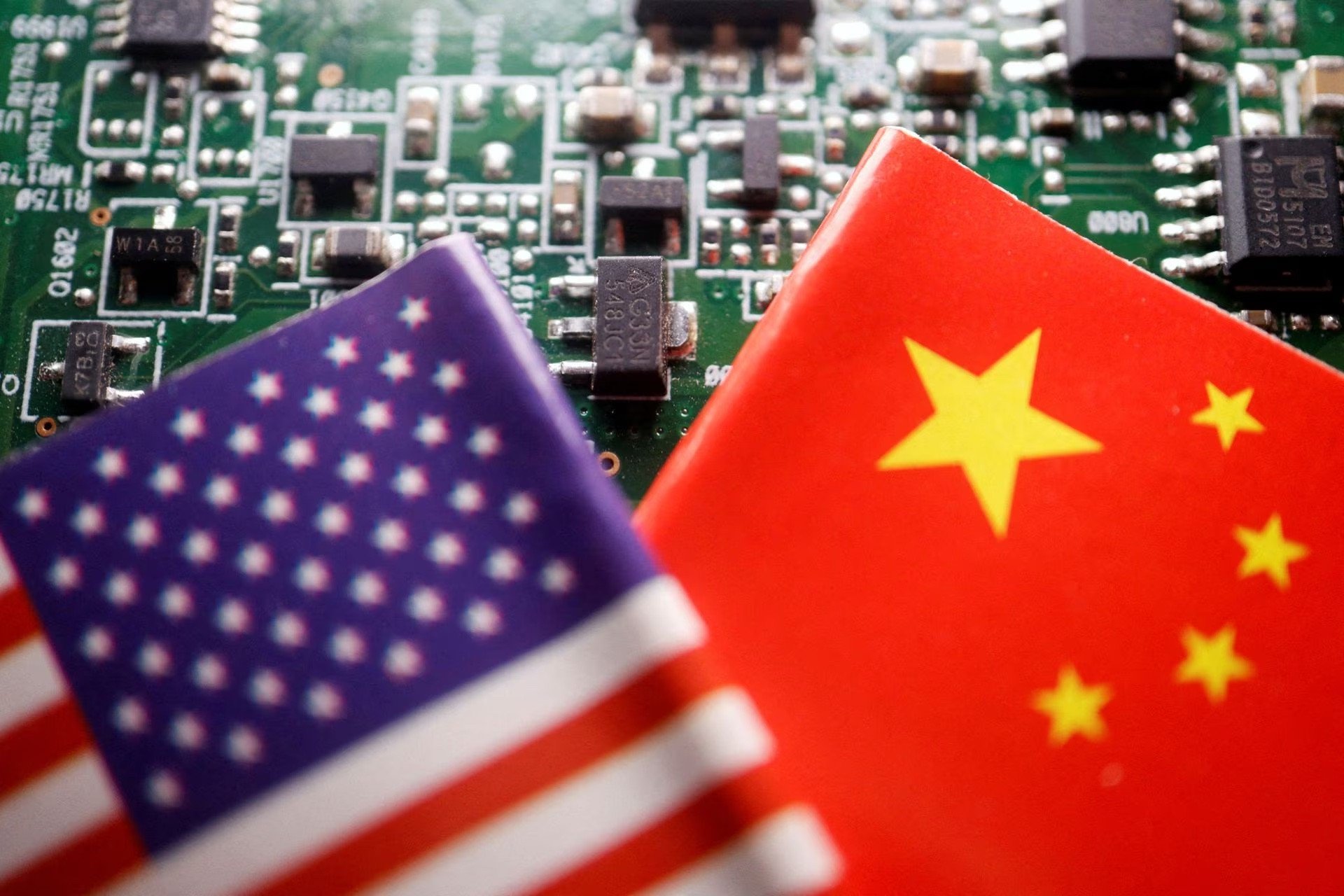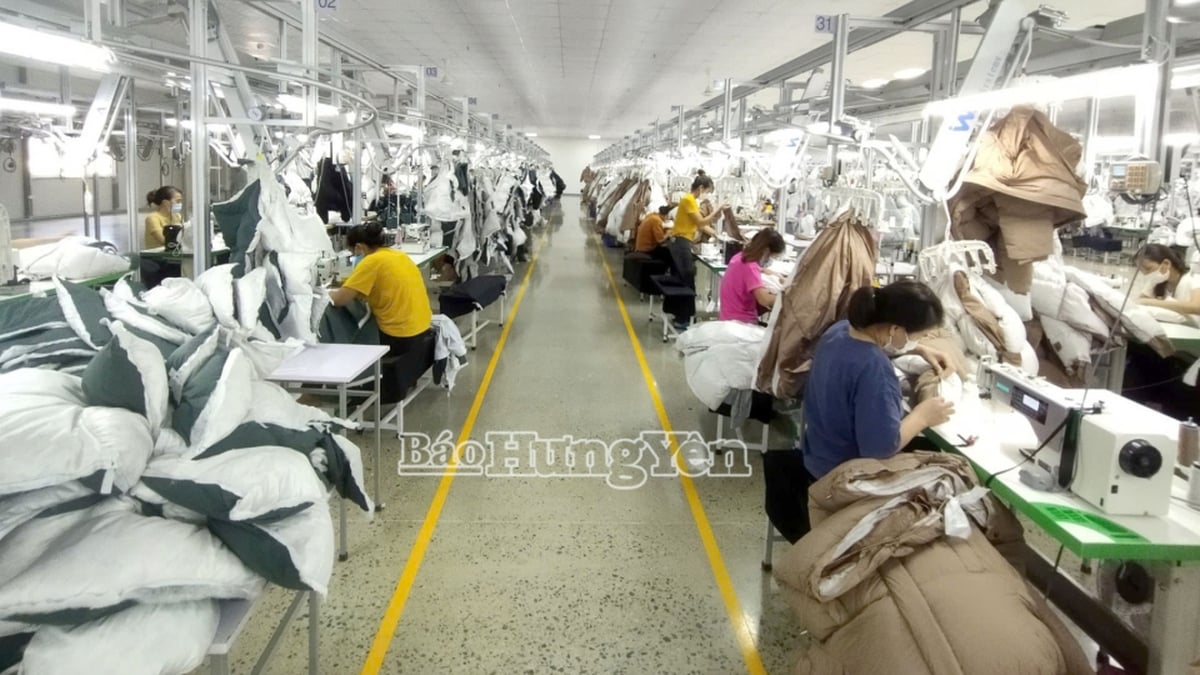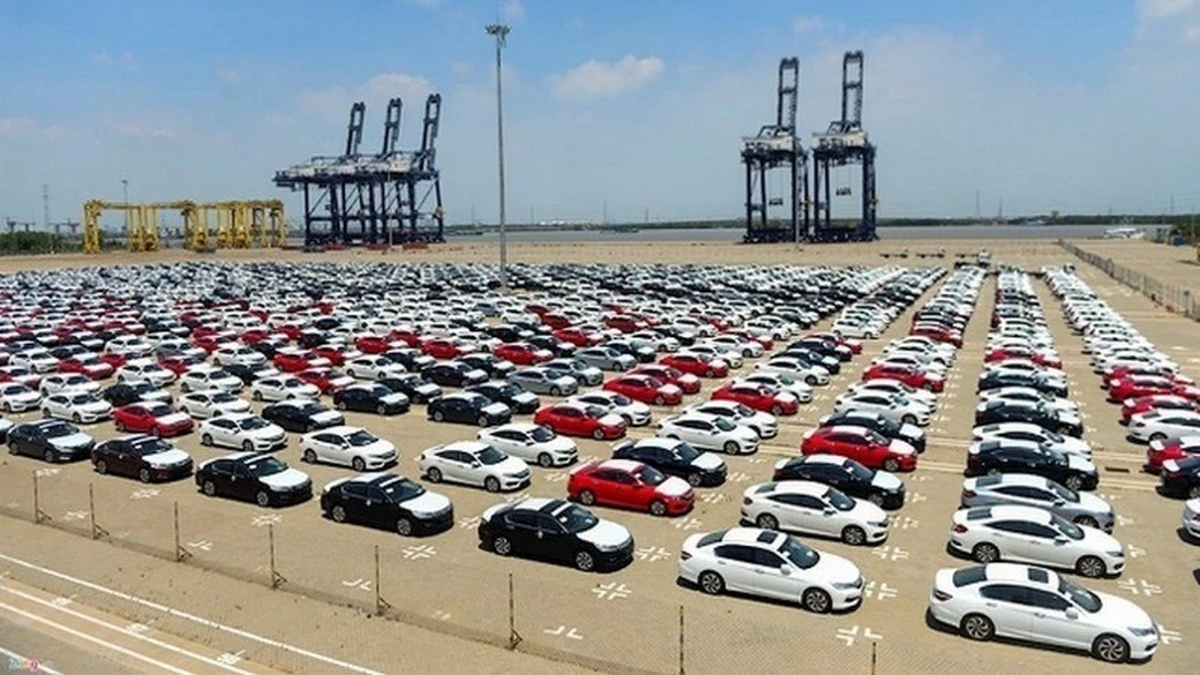Before 2019, there were no significant obstacles for a Chinese company to open a branch to operate in the US. But as trade tensions between the two countries escalated, especially after Washington imposed sanctions on telecommunications giant Huawei, some mainland companies began moving their headquarters abroad in the hope of escaping the US government ’s scrutiny.
Not stopping there, some Chinese technology business leaders recently said that they need to have permanent residency or foreign citizenship to further limit prejudice against Chinese companies in the US.
“It’s unfair,” said Ryan, a Shenzhen-based tech entrepreneur who spoke on condition of anonymity, lamenting that competitors from other countries don’t face the same problems when trying to expand into the U.S. Ryan’s three-year-old software company has grown to the point where it needs to expand into the world’s largest economy .

So Ryan is trying to get permanent residency in another Asian country. Reuters has confirmed that Chinese tech entrepreneurs who want to expand their businesses to the US are taking on other nationalities, such as Hong Kong, Canada, Japan, the US or Singapore.
US-China trade tensions erupted under the Trump administration and have been continuously pushed to the climax of the technology sector during President Joe Biden's term, when both sides have not given up their ambition to lead.
Major flashpoints include restrictions on chip exports and a ban on ByteDance’s TikTok on government devices. For its part, China has announced that key industries use products from Micron Technology, the largest U.S. semiconductor company, and is looking to restrict the activities of foreign consulting and auditing firms.
Moving headquarters, eliminating mainland roots
Geopolitical tensions mean a less hospitable atmosphere for mainland companies looking to operate or receive funding in the United States, according to entrepreneurs and consultants.
Despite the difficulties, expanding to the US remains the ultimate goal for most tech entrepreneurs as the domestic market is not an attractive option despite its huge scale. Tightening technology management, along with strict “zero-Covid” policies, have left many companies here “disillusioned”.
“Everything changed during the pandemic,” said Wilson, who is looking to move his software startup overseas. He said it wasn’t that the mainland business environment was impossible, but that it would be “easier for employees and shareholders if I moved overseas.”
Chris Pereira, CEO of the North America Ecosystem Institute, a business consulting firm, said that in addition to moving their headquarters abroad, businesses are also looking to minimize their Chinese “identity.”
The most prominent example is Shein, the online fast-fashion retailer, which has effectively become a Singapore-based holding company. Earlier this month, e-commerce giant PDD Holdings also moved its “headquarters” from Shanghai to Dublin.
China's Foreign Ministry said in a statement that some Western countries want to "politicize technology, hinder normal trade and technology cooperation, which benefits no one and adversely affects global technological progress and economic growth."
“The political narrative in Washington is based on the misconception that all Chinese companies are interconnected and take direction from the Chinese government,” said James McGregor, China chairman at APCO, a US communications consultancy.
(According to Reuters)
Source


































































































Comment (0)